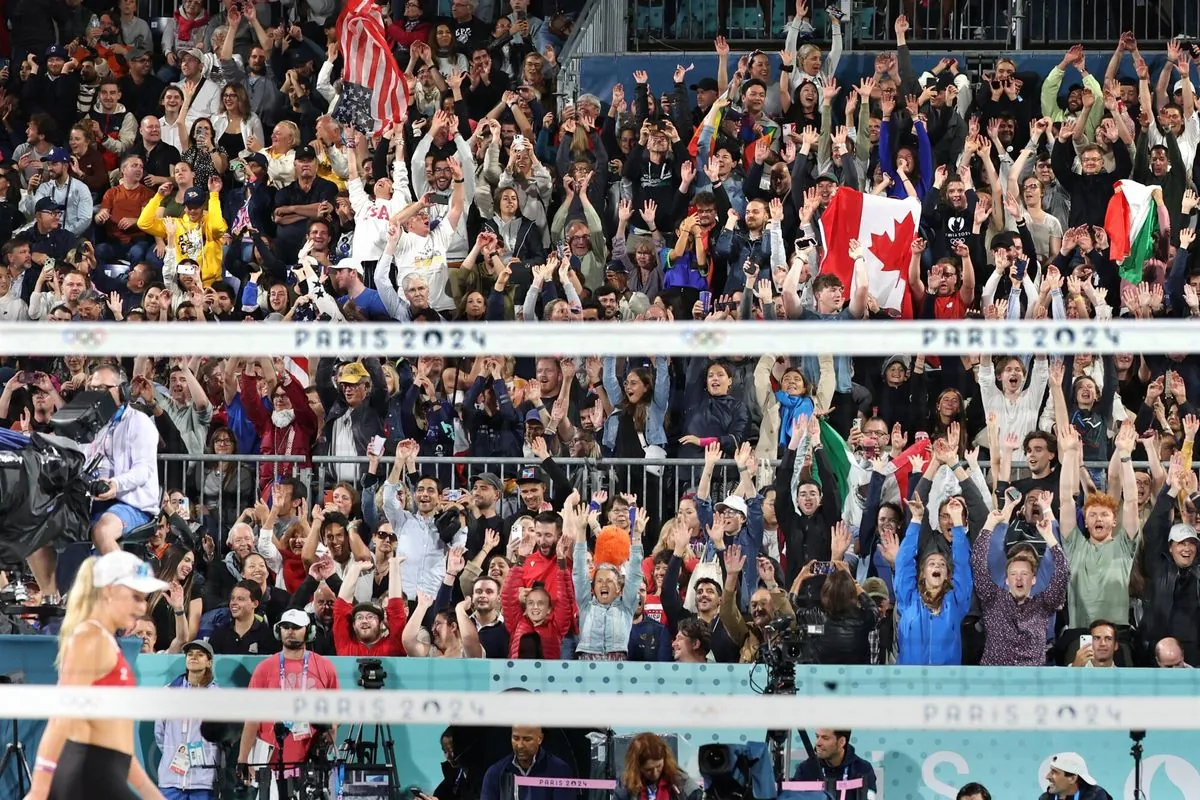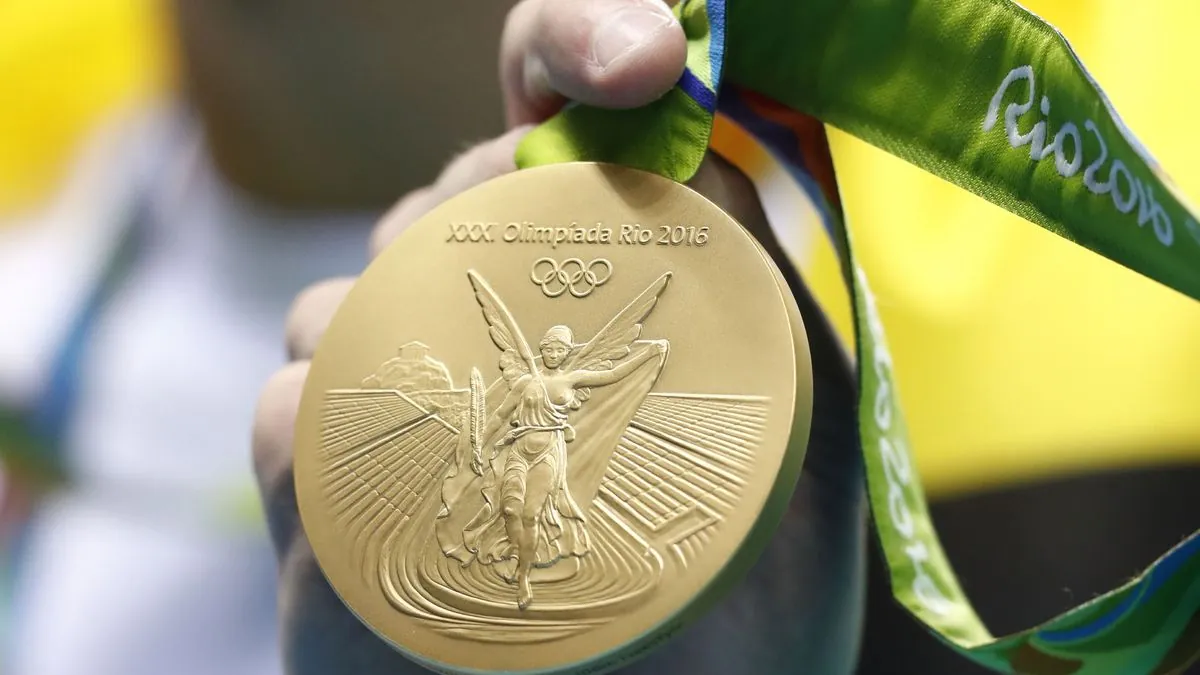Olympic Economics: The Hidden Costs and Challenges of Global Sports
The Olympics, a global sporting spectacle, face economic challenges. From IOC corruption to athlete struggles and host city dilemmas, the event's financial aspects are complex and often controversial.

The Olympic Games, a quadrennial sporting extravaganza, have long captivated global audiences. However, beneath the surface of athletic prowess lies a complex economic landscape fraught with challenges and controversies.
The International Olympic Committee (IOC), the organization overseeing this multibillion-dollar event, has faced recurring allegations of corruption. Originally operating on a modest budget until the 1970s, the IOC's financial trajectory changed dramatically when it recognized the potential of television rights and commercial sponsorships. From 2017 to 2021, the committee generated a staggering $7.6 billion in revenue, with 61% from broadcast rights and 30% from sponsorships.
This financial boom, however, has been accompanied by scandals. Bribery allegations have tainted several Olympic selections, including Nagano in 1998 and Salt Lake City. The murky world of high-pressure event management and construction projects has contributed to these issues, with the stakes relatively small by global standards.

For Olympic athletes, the economic reality is often harsh. While the IOC enjoys substantial revenues, many athletes struggle financially. Gold medalists receive $37,000 in prize money, silver $22,000, and bronze $15,000. However, these amounts pale in comparison to the costs of training, living expenses, and medical bills, which can reach $40,000 per athlete. Many competitors essentially live on minimum wage during their careers, creating a stark contrast with the well-funded sports bureaucrats.
"People are basically living on minimum wage for a large part of their competitive career. It's really quite extraordinary. And so the gap between that and the feather-bedded sports bureaucrats swanning around from meeting to meeting, all expenses paid, with a $1 billion slush fund to play with, is pretty glaring."
Hosting the Olympics has become an increasingly unattractive proposition for cities. The costs have escalated to tens of billions of dollars for recent games in Russia and China. Paris aims to keep expenses under $10 billion, potentially making it the most economical Olympics since Los Angeles in 1984. The promised economic benefits often fail to materialize, with some host cities experiencing a decline in tourist revenue and struggling to utilize the newly built infrastructure post-games.
Most countries employ state-driven strategies for Olympic success. China, often cited as an extreme example, actually spends less per capita on its Olympic program than countries like Australia or the UK. Norway, with its substantial sovereign wealth fund, invests the most per person at $80. The United States stands out as the only major Olympic power without significant federal funding for its sports infrastructure.
Olympic outcomes often reflect global economic disparities. A study by The Economist found that a country's share of global GDP explains 55% of the variation in Olympic medals won. A 10% higher income per capita predicts a 7% increase in medals per country, highlighting the inherent unfairness in international sporting competitions.
As the Olympic movement continues to evolve, addressing these economic challenges will be crucial for maintaining the integrity and spirit of the games. Balancing the commercial aspects with the ideals of fair competition and athlete welfare remains an ongoing struggle for the Olympic movement.


































